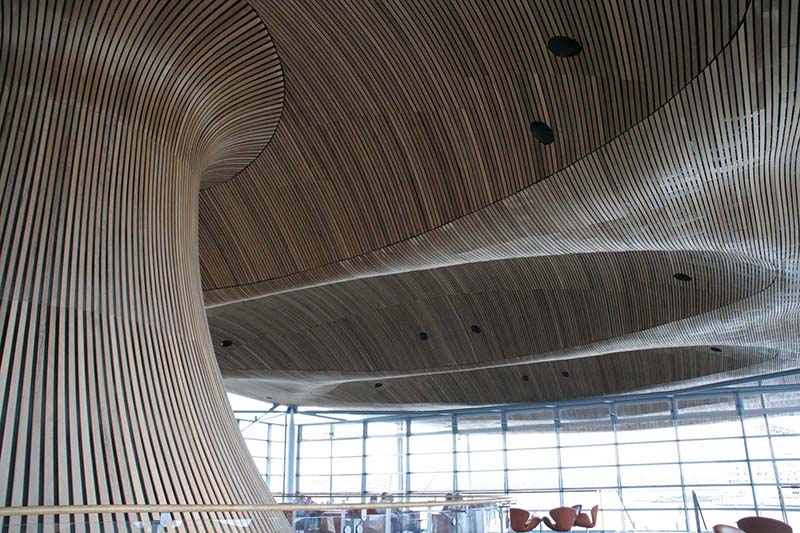- 08/04/2020
- Posted by: David Rees MS
- Category: News

Up to 7,000 extra hospital beds are being created by NHS Wales as it prepares for an increase in coronavirus cases, Health Minister Vaughan Gething today revealed.
Critical care capacity has more than doubled across Wales and 1,000 new ventilators are on order.
The plans have been bolstered by a massive response from recently retired NHS staff ready to return to work – 1,300 healthcare professionals have already responded and 1,200 registered GP locums are preparing to enter the NHS Wales workforce. They will be supported by thousands of trainees.
Health Minister Vaughan Gething said:
“I have been overwhelmed by the response of health and care professionals to the calls we have made for their support. This is a humbling reminder of the commitment of our health and care staff.
“Over the last few days we have seen an increase in the pace and urgency of the response across Wales to prepare vital health and care services to meet the imminent challenges posed by coronavirus.”
The number of available critical care and invasively ventilated beds in Wales has more than doubled – there are now more than 350 and the number continues to increase. Currently 48% of these beds are occupied and just over half of these are being used to care for people coronavirus.
Hospitals in Wales have 415 ventilators and a further 349 anaesthetic machines with ventilator capacity and 207 non-invasive ventilators. A further 1,035 ventilators are being procured by NHS Wales Shared Services Partnership and through UK arrangements.
Dr Andrew Goodall, chief executive of NHS Wales, said:
“Across Wales, training has been provided to upskill hundreds of staff who do not normally work in critical care.
“Extra areas have been identified in hospitals to provide more invasive ventilation to patients over and above the space normally available in critical care units. This is in addition to those areas identified as surge capacity for critically ill patients as part of existing plans to double capacity when needed.
“Health boards are working to ensure people who are critically ill are treated in our hospitals using existing and additional capacity.”
Every health board is increasing its hospital bed numbers, including building field hospitals and working with the independent sector, including:
- In Cardiff and Vale University Health Board, the Principality Stadium in Cardiff will have space for 2,000 beds.
- The Grange University Hospital will be opened early in the Aneurin Bevan UHB area providing an extra 350 beds. A partnership with St Joseph’s Hospital in Newport will provide an extra 36 beds.
- Betsi Cadwaladr UHB will create an extra 870 beds at Venue Cymru, in Llandudno, Deeside Leisure Centre and Bangor University.
- Cwm Taf Morgannwg UHB will create 900 extra beds at the Vale WRU centre and use the Vale Hospital in Hensol, Ty Trevithick in Abercynon and care home and community beds.
- Hywel Dda UHB has plans for an additional 660 beds by using Parc y Scarlets and Bluestone in Pembrokeshire, the Selwyn Samuel Centre, in Llanelli and Werndale Hospital in Carmarthen.
- Swansea Bay UHB will create more than 1,400 beds at the Llandarcy Academy of Sport, Bay Studios in Swansea and it will also use Sancta Maria Hospital.
- Powys Teaching Health Board is taking forward a range of opportunities to create additional hospital beds in local communities.
The NHS is working with military planners to make the extra capacity available as quickly as possible.
Mr Gething added:
“In these most sombre of times it would be easy to forget what has been achieved within just a matter of weeks and the huge progress that has been made for preparing the NHS and social care services for coronavirus.
“We will be relentless in our preparations for the days and weeks ahead but it is important that we recognise what has already been done.
“Our health and care staff, volunteers and businesses in Wales, and indeed across the UK, are coming together in exceptional ways to meet this extraordinary crisis and care for people, prepare services, and to protect communities.
“Every single contribution will help save lives and I am truly thankful to everyone involved.”
ENDS

